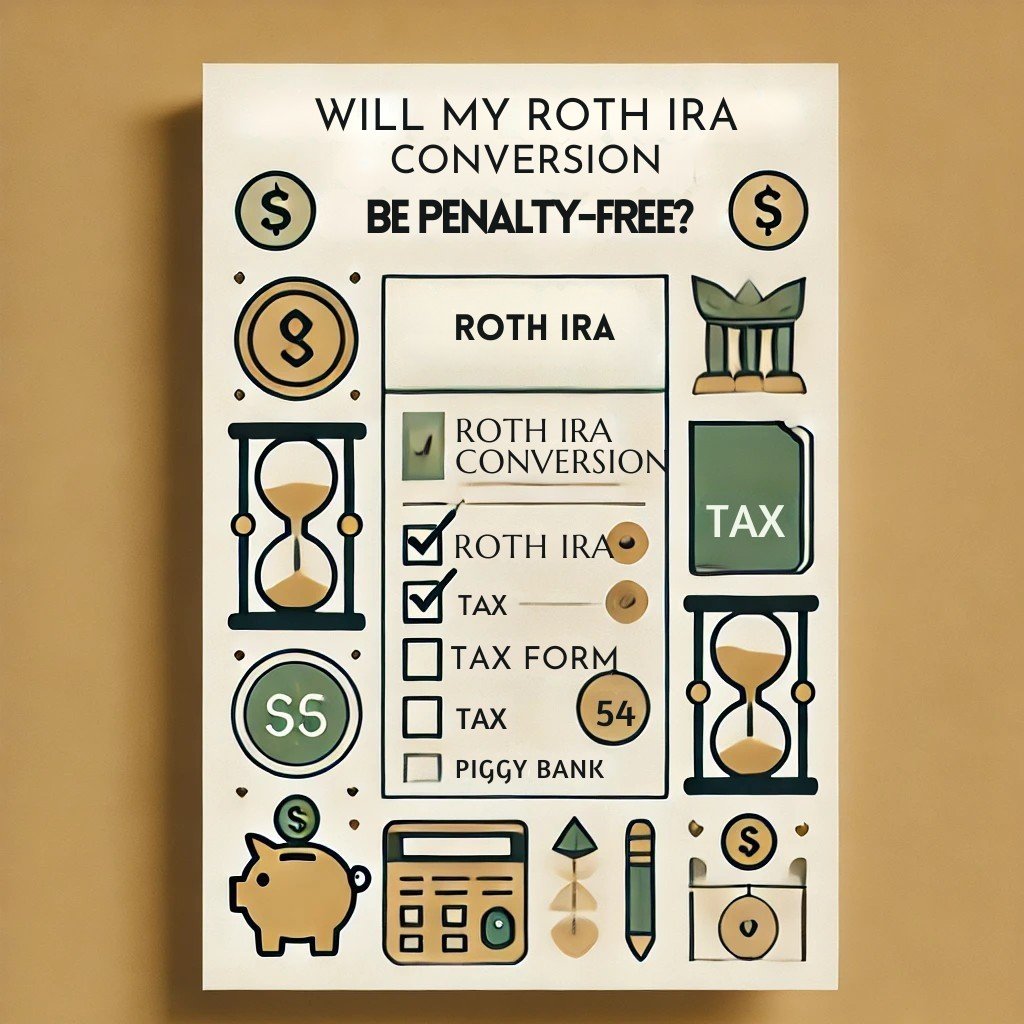Will My Roth IRA Conversion Be Penalty-Free? What You Need to Know
Converting a Traditional IRA or 401(k) to a Roth IRA can be a strategic move for long-term tax-free growth, but understanding the rules and potential penalties is crucial. This guide walks you through the key factors that determine whether your Roth IRA conversion will be penalty-free and how to avoid costly mistakes.
First, age matters. If you’re under 59½, you must follow the five-year rule for converted funds—otherwise, you may face a 10% early withdrawal penalty on converted amounts if you take distributions too soon. However, if you're 59½ or older, withdrawals of converted funds are generally penalty-free, as long as taxes were paid at the time of conversion.
Next, it’s essential to plan for taxes upfront. Since Roth conversions are taxed in the year of conversion, they can increase your taxable income, potentially pushing you into a higher tax bracket. Careful planning—such as spreading conversions over multiple years—can help minimize the tax hit.
Certain exceptions allow for penalty-free early withdrawals, including first-time home purchases, higher education expenses, and unreimbursed medical expenses. Knowing these rules can help you use your Roth IRA conversion strategically.
By understanding the IRS guidelines, tax implications, and timing considerations, you can maximize your Roth IRA benefits and enjoy tax-free withdrawals in retirement. Whether you’re considering a conversion this year or planning for the future, this guide ensures you make an informed, penalty-free decision for your retirement savings.

